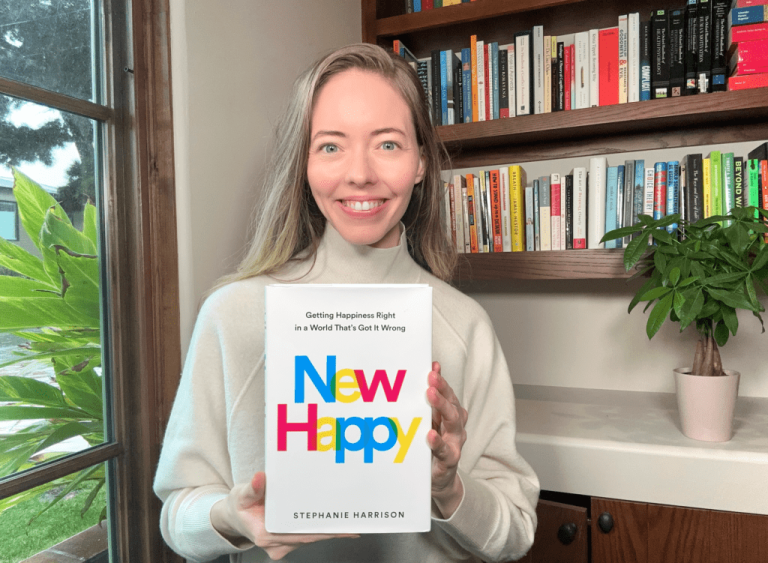A walk through a field of wildflowers, a stroll through a grove of trees, a jog along the beach: Not only are these beautiful settings for the eyes to behold, they also have the power to boost our well-being. A recently published study, led by professors Xiaoqi Feng (from the University of New South Wales Medicine & Health) and Thomas Astell-Burt (from the University of Wollongong), confirms that “nature prescriptions” have verifiable upsides for physical and mental health.
Feng and Astell-Burt were among a team of researchers who assessed 28 international studies that tested the correlation between prescribed time in nature and improved health in real-world patients. They found that a dose of the great outdoors led to reduced blood pressure, lowered depression and anxiety levels, and a higher daily step count, per a press release.
In some countries, the practice of issuing “nature prescriptions” has been gaining traction as an official health-boosting complement to traditional medical care. According to England’s National Health Service, as a part of the NHS Long Term Plan, 5.77 million pounds has been invested since 2020 for purposes of increasing “green social prescribing” as a means of supporting mental health. Similarly, PaRx, Canada’s “first national, evidence-based nature prescription program,” cites increased longevity and energy, improved heart health, and pain reduction among the many upsides observed from the practice.

Feng notes that there are socioeconomic factors that present additional barriers to low-income communities, which are the least likely to have easy access to green spaces while collectively having a higher risk of chronic health issues such as obesity, type 2 diabetes, and cardiovascular disease.
“We don’t want nature prescriptions to be a luxury item for the rich who already have access to beaches and a lot of high-quality green space,” said Feng. “We want these benefits for everyone.”
While there isn’t a large-scale nature prescription program in Australia yet, a recent survey conducted by Feng established that over 80% of residents were receptive to the idea of nature prescriptions, and he’s hopeful that additional research will reveal how such prescriptions could be implemented in a way that will be most appealing and beneficial to residents.
RELATED: Doctors in England Can Now Prescribe Walking, Cycling to Improve Mental and Physical Health
“Our national survey indicates 72% of physically inactive Australians aged over 45 years with cardiometabolic diseases would accept a nature prescription, yet there are none on offer,” said professor Astell-Burt in a University of Wollongong press release. “We aim to co-design and test a nature prescription intervention that enables this target group to spend more time in nature and thereby reap the rewards of sustained physical activity for cardiometabolic health. People are more likely to start and maintain lifestyle change if it aligns with their intrinsic motivations and can be conducted in settings that empower them to adopt the new behavior.”
Feng notes that one of the challenges is to determine how to encourage people — particularly those who currently spend little time in nature — to change their behaviors and partake in such a program.
“But even if you have a high-quality green space like a park nearby, it doesn’t mean that everyone will visit and benefit from it,” said Feng, adding that how to quantify and enact such a program also raises a number of practical considerations. “So how long should the nature prescription be for? What should be in the prescription? How should we deliver it, and by whom? These questions don’t have firm answers yet.”
The idea is also gaining traction in the U.S. The organization Park Rx America is committed to “educating healthcare professionals and the public, and to providing the tools to meet each individual’s unique needs,” according to the group’s website. And Cornell University has a campus-wide initiative called Nature RX @ Cornell that similarly prescribes times outdoors for its students.
According to Feng, “This study is built upon a long-term program of research that we are doing, where we show contact with nature — and trees especially — is really good for strengthening mental and physical health across our lives.”













Pingback: Take That Vacation: How Summertime Benefits Our Well-Being - Usernames Ideas